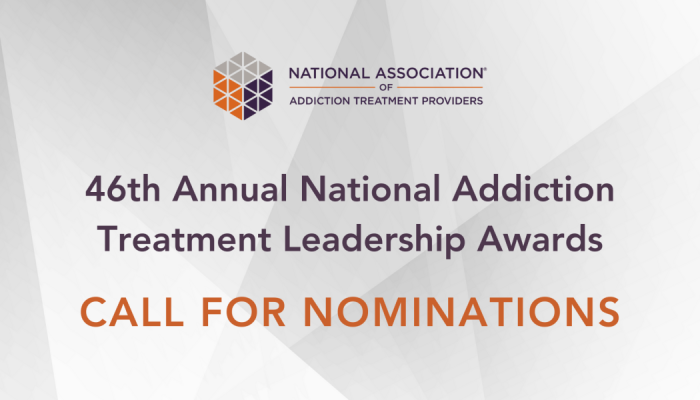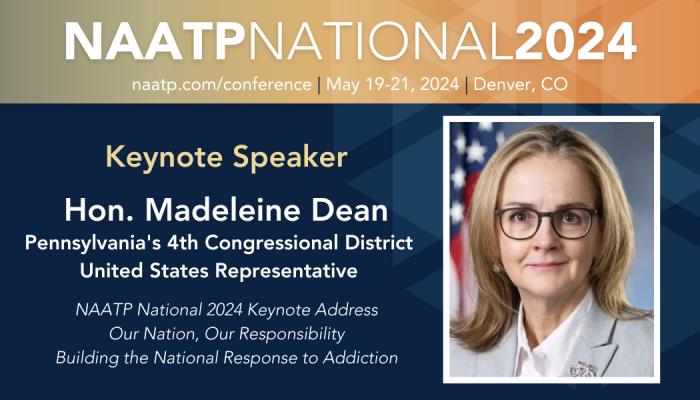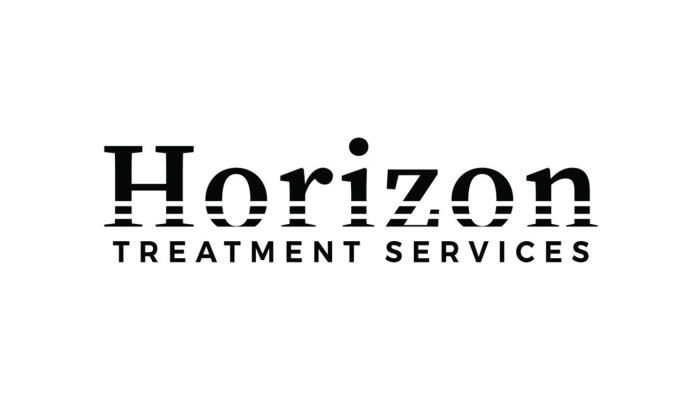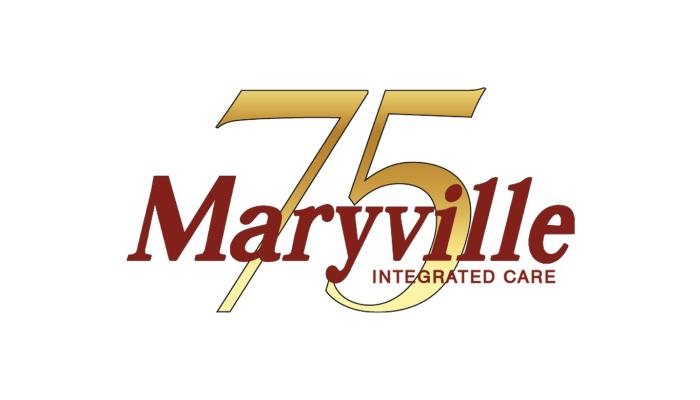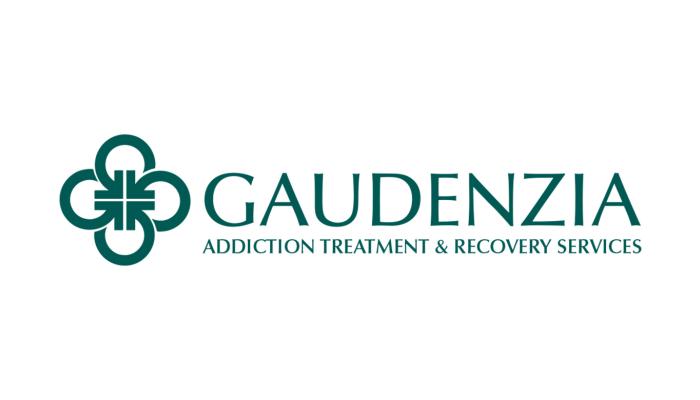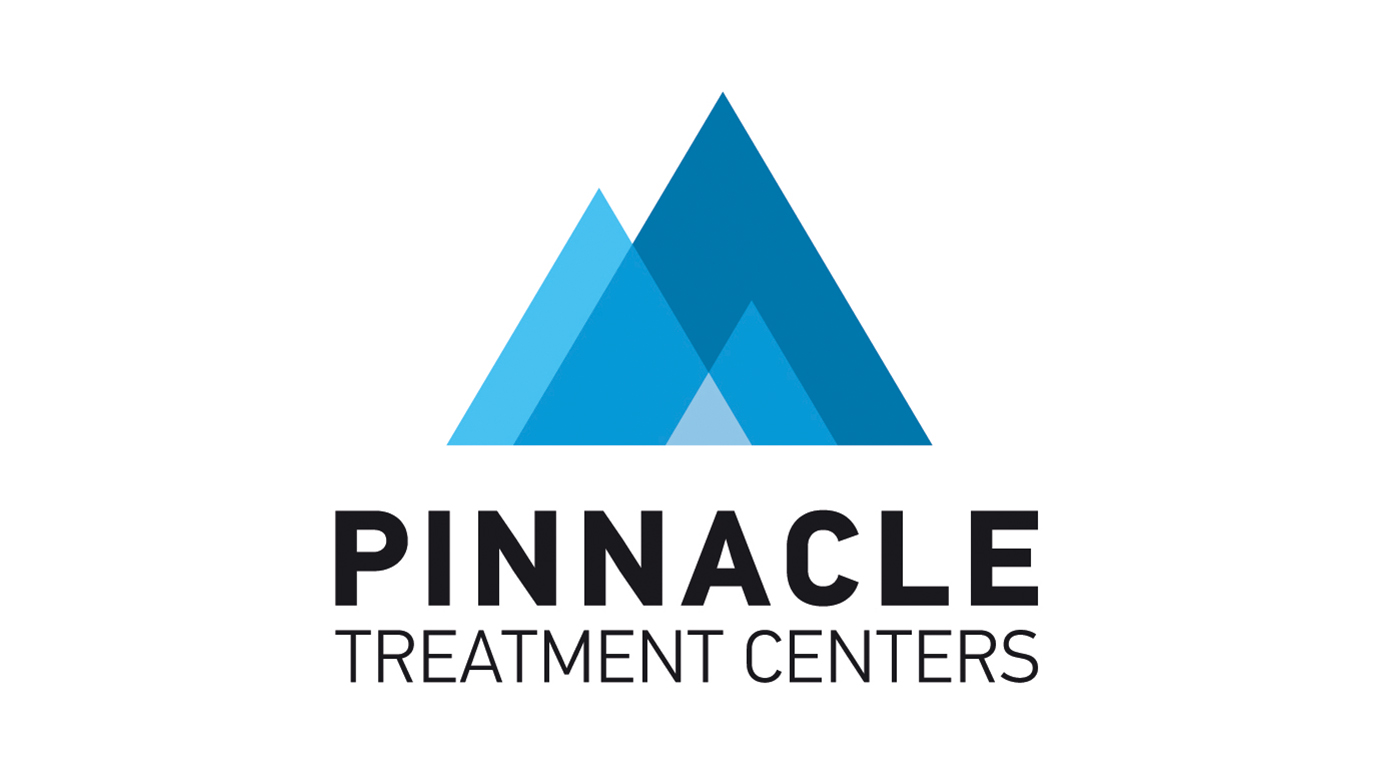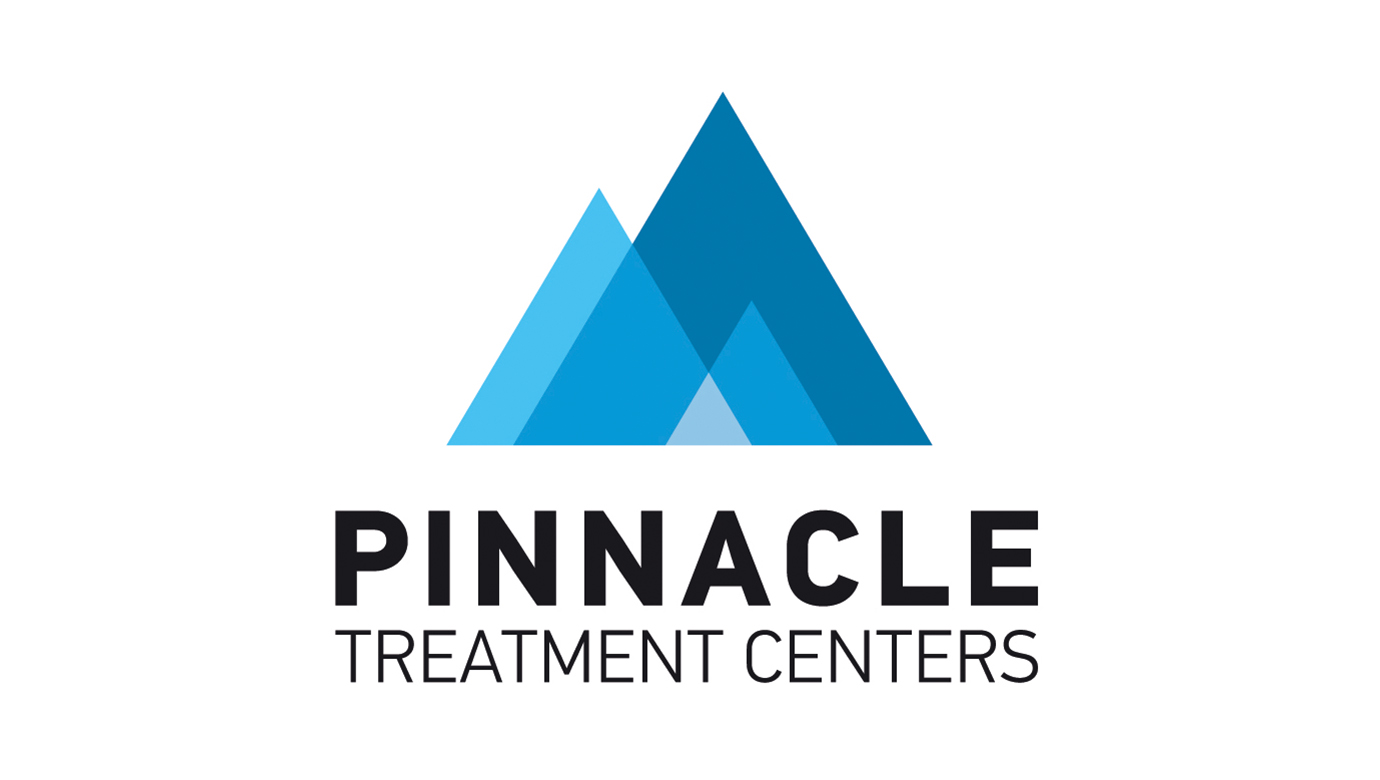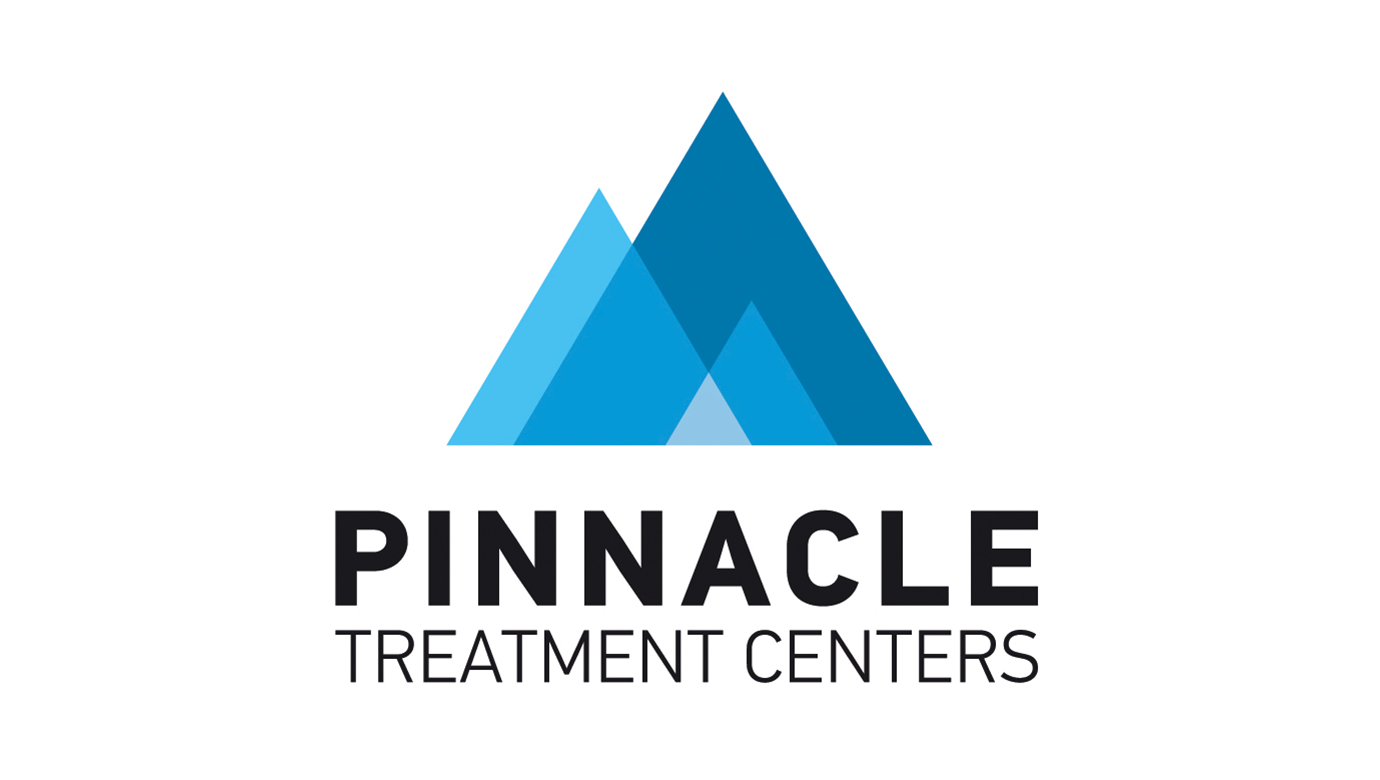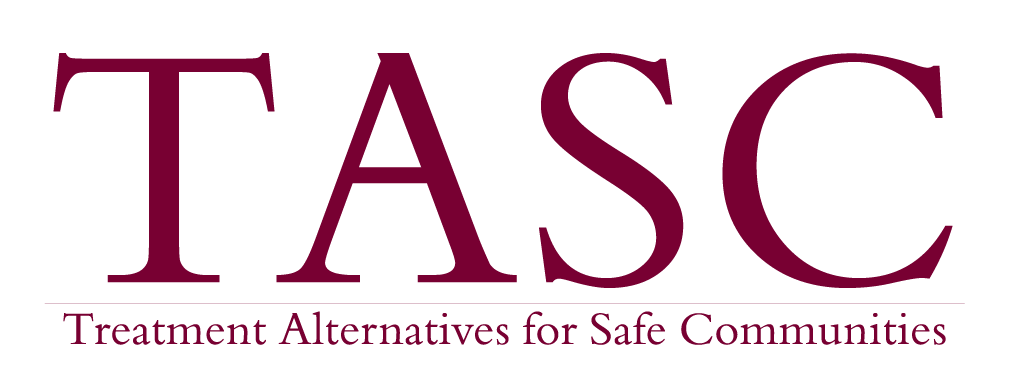How to Use This Toolkit
Becoming an effective advocate is a large undertaking! Advocacy campaigns and initiatives encompass multiple detailed steps, the involvement of many people, often over a long span of time. We carefully sequenced the information in the toolkit to establish and build upon a foundation of advocacy knowledge, starting from square one and culminating in planning a complex event – a State Hill Day. For that reason, we recommend reading the sections in order:
- Identify Your Cause
- Build a Coalition
- Develop a Message
- Communicate Like an Advocate
- Organize a Hill Day
NAATP Provides Advocacy Resources and Training
NAATP serves its members and the addiction treatment industry by advocating for law and policy related to treatment quality, quantity, and access. Since the 1970s, NAATP has been present as a powerful and influential voice of addiction service.
What is Advocacy?
Advocacy can mean many things, but in general, the working definition is: Advocacy is the process of influencing the public’s attitude toward a specific issue or group.
Deriving from the Latin term for “voice,” advocacy simply involves speaking and acting on behalf of yourself or others.
Why Advocate?
Advocacy is a powerful and important catalyst for the change we want to see, not only in the treatment field, but in our communities. We can work to improve the laws, policies, and systems that affect the communities we serve. In fact, we are often the most powerful advocates available to legislators because we are field experts directly conducting research and administering treatment.
As a constituent, you are the ideal grassroots advocate to convey to members of Congress how essential your treatment center or organization is to your community. You have the power to educate them about the importance of Substance Use Disorder (SUD) treatment in your community and to engage them on important SUD issues on Capitol Hill. Without your help, your member of Congress may not realize the ability of treatment centers to support jobs and change lives in your district. Legislators cannot be experts in everything, but they want to understand their constituents. You have expert power! No one else can give policymakers the front-line information you have! We want to make it easy for you to take action, build relationships with your representative's office, and highlight the necessary work you are doing within your community.
What can Advocacy Do?
- Change a Law
- Pass a Law
- Impact Regulations
- Build Relationships
- Educate Policymakers
- Give People a Voice
Benefits of Advocacy
Engaging in advocacy can positively impact you and your organization by:
- Preventing loss of resources – e.g., stopping a legislative proposal to slash funding that would hurt the communities you serve.
- Lowering barriers, reducing stigma, and broadening access to lifesaving services.
- Illuminating real community needs – i.e., shining a light on a particular social problem that has been ignored, allowing policymakers to see and address the problem.
- Sharing stories, speaking to reporters or editors about your organization’s impact in the community, and encouraging local civic groups to send volunteers to community events.
- Building partnerships and alliances. When you connect with other organizations, you strengthen your foothold in the industry and make your voice of advocacy stronger.
- Advancing your cause and giving something back.
______________________________________
For further reading, see our Resources List:





